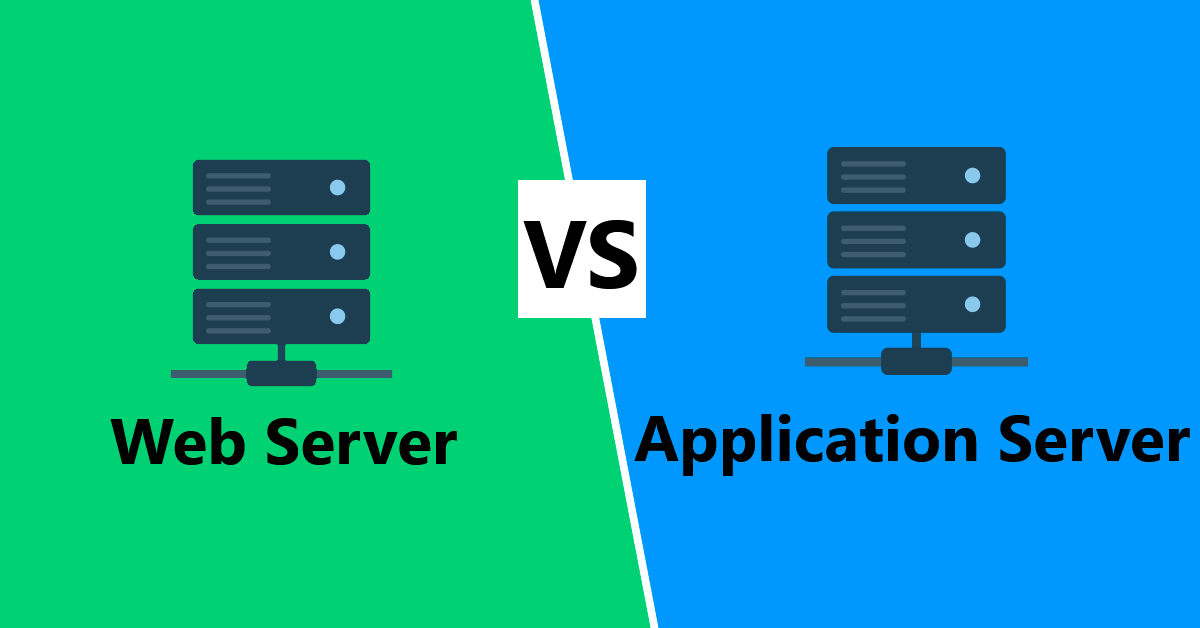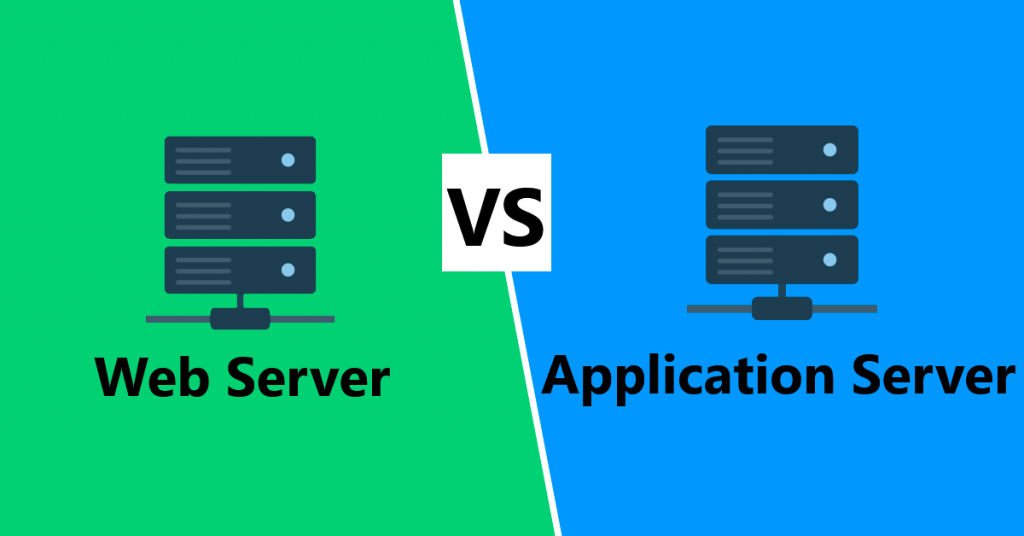Distinguishing Web Servers from Application Servers with LunarVPS

- June 10, 2024
- 0 Comments

In the realm of hosting and server management, understanding the differences between web servers and application servers is crucial for optimizing your infrastructure and delivering a seamless user experience. As a leading hosting provider, LunarVPS offers insights into these distinctions to help businesses make informed decisions about their hosting needs.
Web Servers: Serving Web Content to Users
A web server is a specialized software application responsible for delivering web content, such as HTML pages, images, CSS files, and JavaScript scripts, to users’ web browsers upon request. Here’s how LunarVPS breaks down the role of a web server:
Key Characteristics of Web Servers:
- HTTP Protocol Handling: Web servers, such as Apache HTTP Server and Nginx, are designed to handle Hypertext Transfer Protocol (HTTP) requests from clients’ browsers and respond with the requested web content.
- Static Content Delivery: Web servers excel at serving static content, such as HTML files and images, directly to users without requiring additional processing or data manipulation.
- Basic Request Handling: They typically manage basic request/response cycles, delivering pre-existing content stored on the server’s filesystem or within a content management system (CMS).
Application Servers: Executing Dynamic Application Logic
In contrast, an application server is a more robust software platform capable of executing dynamic application logic and processing data before delivering the final output to users. Here’s LunarVPS’s perspective on application servers:
Key Characteristics of Application Servers:
- Dynamic Content Generation: Application servers, such as Tomcat, JBoss, and Node.js, are designed to execute server-side application logic written in programming languages like Java, PHP, Python, or Node.js.
- Database Interaction: They often interact with databases, such as MySQL, PostgreSQL, or MongoDB, to retrieve, process, and manipulate data dynamically based on user requests.
- Business Logic Execution: Application servers are responsible for executing complex business logic, processing form submissions, handling user authentication, and generating dynamic content tailored to each user’s session.
LunarVPS: Tailored Hosting Solutions for Your Needs
At LunarVPS, we recognize the importance of selecting the right server infrastructure to support your web applications and websites effectively. Whether you require a lightweight web server for serving static content or a powerful application server for executing dynamic logic, LunarVPS has the expertise and resources to meet your hosting needs.
Our Hosting Solutions:
- Web Hosting Plans: Ideal for small to medium-sized websites, our web hosting plans come with robust web servers like Apache or Nginx, ensuring fast and reliable delivery of static web content.
- VPS Hosting: For more demanding applications requiring dynamic content generation and database interaction, our Virtual Private Servers (VPS) offer the flexibility and scalability of both web and application servers in one comprehensive package.
- Dedicated Servers: For high-traffic websites and mission-critical applications, our dedicated servers provide the raw power and performance needed to handle complex business logic and database operations with ease.
Conclusion: Optimizing Your Server Infrastructure with LunarVPS
In summary, while both web servers and application servers play essential roles in delivering web content to users, they serve distinct purposes and have different capabilities. Understanding these differences is key to selecting the right hosting solution for your specific needs. With LunarVPS as your trusted hosting partner, you can leverage our expertise and comprehensive range of hosting solutions to optimize your server infrastructure and deliver an exceptional user experience. Contact us today to learn more about our hosting offerings and take your online presence to the next level with LunarVPS.




